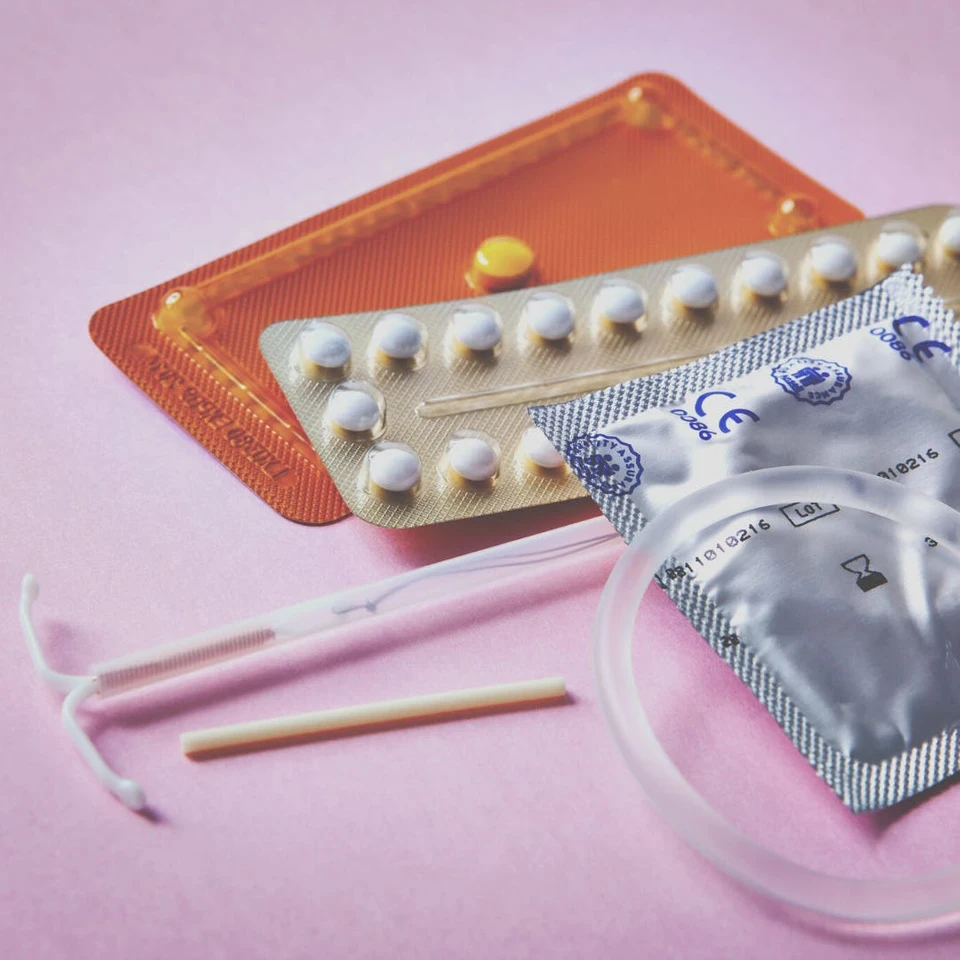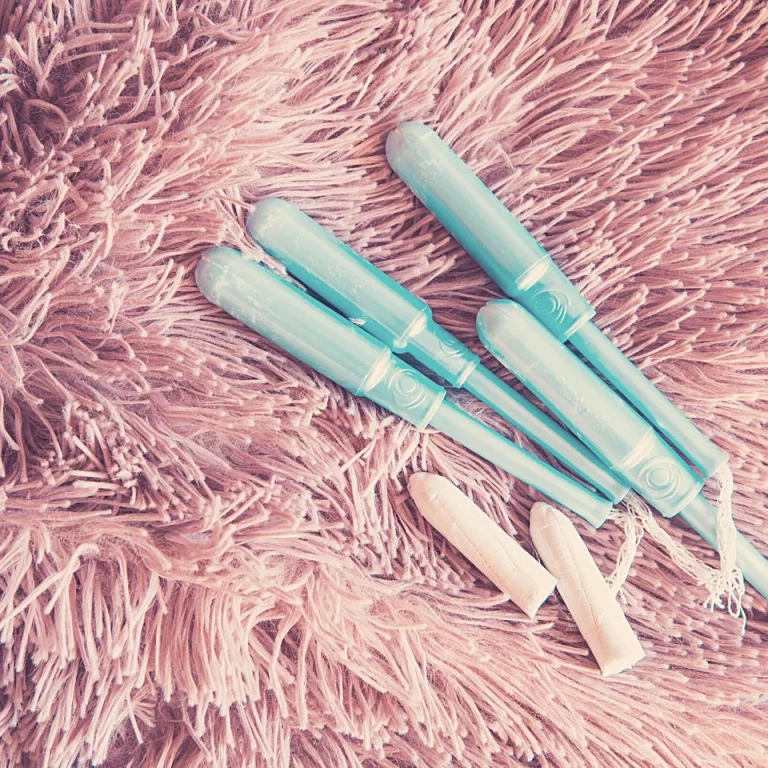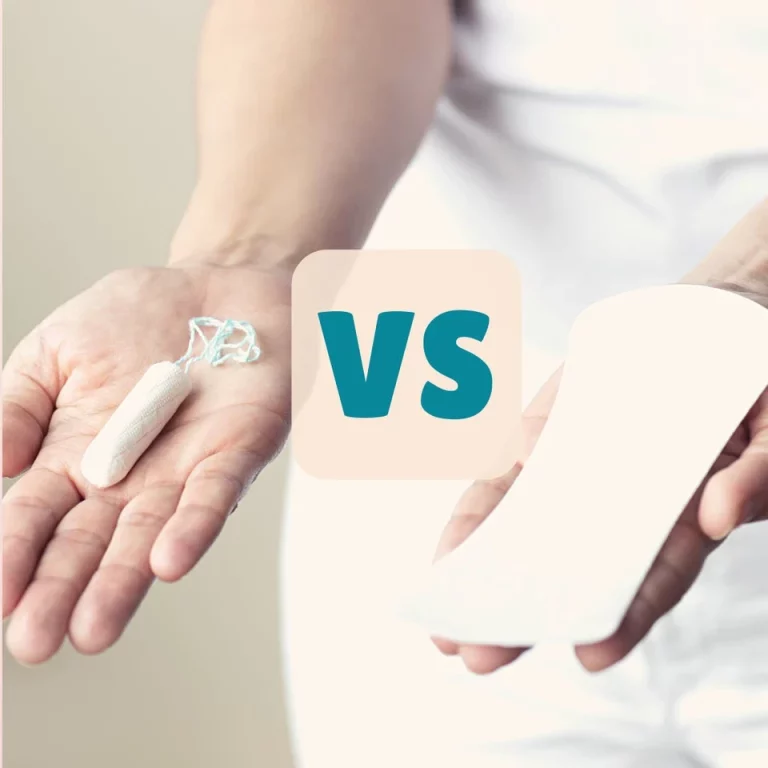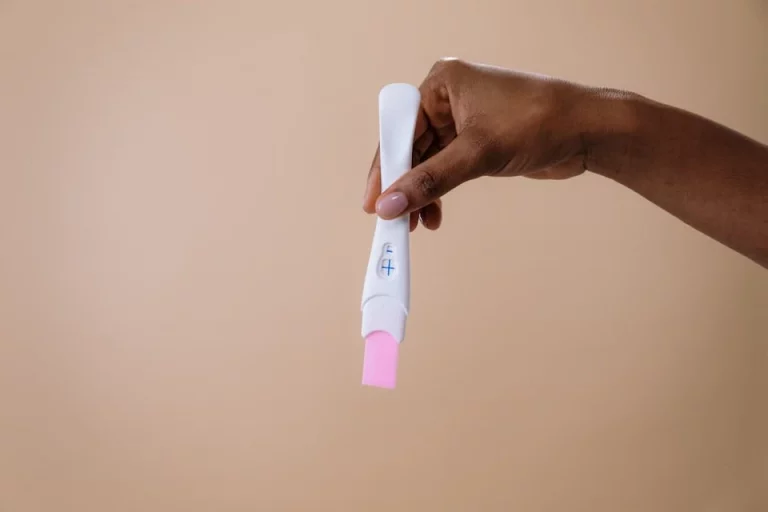When Does Birth Control Start Working?
There are several forms of birth control, and when they start working depends on which method of contraceptive is being used. Barrier methods like condoms are most effective at the time of sexual intercourse and when used properly. For oral contraceptive medications, when birth control starts working is less obvious. Let’s break down the types of birth control and when they begin to work.
When Do Birth Control Pills Start Working?
Oral contraceptives are medications that contain a progestin and estrogen, hormones that are used to prevent pregnancy. They are the most common form of birth control. Oral contraceptives can be started at any time in the cycle and should be taken every day at the same time. This allows for a steady level of the hormones inside your body, which play a key role in preventing pregnancy. If started within the first 5 days of menses, they will be effective right away, but if started after, backup should be used for at least 7 days. If taken as directed and without any missed doses, oral contraceptives are 99% effective in preventing pregnancy. However, for people who miss doses or fluctuate when they take their dose, the overall effectiveness can drop to 91%. Also, since OCP’s do not prevent sexually transmitted infections, many women choose to use barrier methods such as condoms in addition to birth control.
There are two types of birth control pills – those that contain both estrogen and progestin (a synthetic form of progesterone) and those that contain only progestin. Estrogen containing contraceptives are not recommended in people who have certain medical conditions like migraines with aura. Typically, a progestin only pill (also called a minipill) is used when a person is breastfeeding so that the birth control does not affect the breast milk supply. Progestin only pills may be appropriate for people who are unable to take estrogen but are not ready for a long acting contraceptive. Both combination and minipill contraceptives use hormones to prevent pregnancy by preventing ovulation and thickening the cervical mucus to block sperm. Combination pills usually come in cycles of 21 or 28 days and may also help with acne.
When Does An IUD Start Working?
There are two types of IUDs – copper and hormonal. The copper IUD starts working immediately after it is inserted, while the hormonal IUD takes about 7 days to start working. If placed within first 7 days of menstrual cycle, backup may not be needed. The copper IUD and 7 year progestin IUD may also be used as emergency contraception.
Other Methods Of Birth Control
There are other combined hormonal methods like the patch and the vaginal ring. They work similarly to combined OCPs and should be started in the same timeframe. Nexplanon which is a subdermal implant is a progestin containing contraception.
When Does The Morning After Pill (Emergency Contraception) Start Working?
If you have already had sexual intercourse and are trying to prevent pregnancy, emergency contraception, “Plan B,” or the “morning after pill” is your best option. Plan B also works through hormones which delay ovulation. It is more effective the sooner it is taken, so it should be taken as soon as possible, within 3 days of unprotected intercourse Plan B does not protect against HIV/AIDS or other STIs, and will not affect an existing pregnancy. The morning after pill is about 93% effective in preventing pregnancy. It is available at pharmacies without a prescription. The morning after pill came out in the 1990s and another emergency contraception pill called Ullipristal came out in 2010. It is also called Ella and it requires a prescription. Ullipristal can be used within 5 days (120 hours) of having unprotected sex and it is 98% effective at preventing pregnancy.
Related: Is My Vagina Normal? Plus A Female Anatomy Chart
When Does Birth Control Start Working: Take Home Points
If you are planning to be sexually active, it is a good idea to think about your birth control options and which ones are right for you. Planning ahead will give you ample time to start an oral contraceptive or to make an appointment to have an IUD placed. Discuss any medical conditions you have with your doctor that may make certain birth control options unsuitable.
Sources:
ACOG Practice Bulletin, Emergency Contraception: https://www.acog.org/clinical/clinical-guidance/practice-bulletin/articles/2015/09/emergency-contraception
ACOG Practice Bulletin, LARCs and IUDs: https://www.acog.org/clinical/clinical-guidance/practice-bulletin/articles/2017/11/long-acting-reversible-contraception-implants-and-intrauterine-devices
Curtis KM, Tepper NK, Jatlaoui TC, Berry-Bibee E, Horton LG, Zapata LB, Simmons KB, Pagano HP, Jamieson DJ, Whiteman MK. U.S. Medical Eligibility Criteria for Contraceptive Use, 2016. MMWR Recomm Rep. 2016 Jul 29;65(3):1-103. doi: 10.15585/mmwr.rr6503a1. PMID: 27467196.
https://www.cdc.gov/mmwr/volumes/65/rr/rr6503a1.htm
Turok DK, Gero A, Simmons RG, Kaiser JE, Stoddard GJ, Sexsmith CD, Gawron LM, Sanders JN. Levonorgestrel vs. Copper Intrauterine Devices for Emergency Contraception. N Engl J Med. 2021 Jan 28;384(4):335-344. doi: 10.1056/NEJMoa2022141. PMID: 33503342; PMCID: PMC7983017.
https://pubmed.ncbi.nlm.nih.gov/33503342/
We discuss products we think are useful to people. If you buy something through our links, we may earn a commission. Remember to check with your personal physician to see if a product recommended is right for you.








